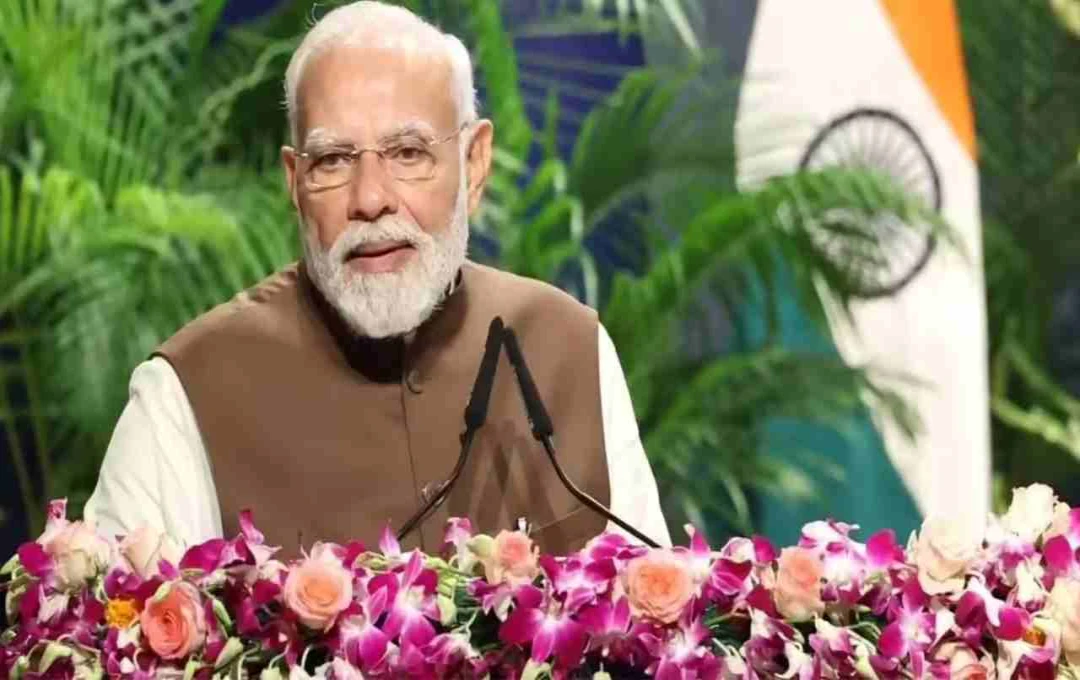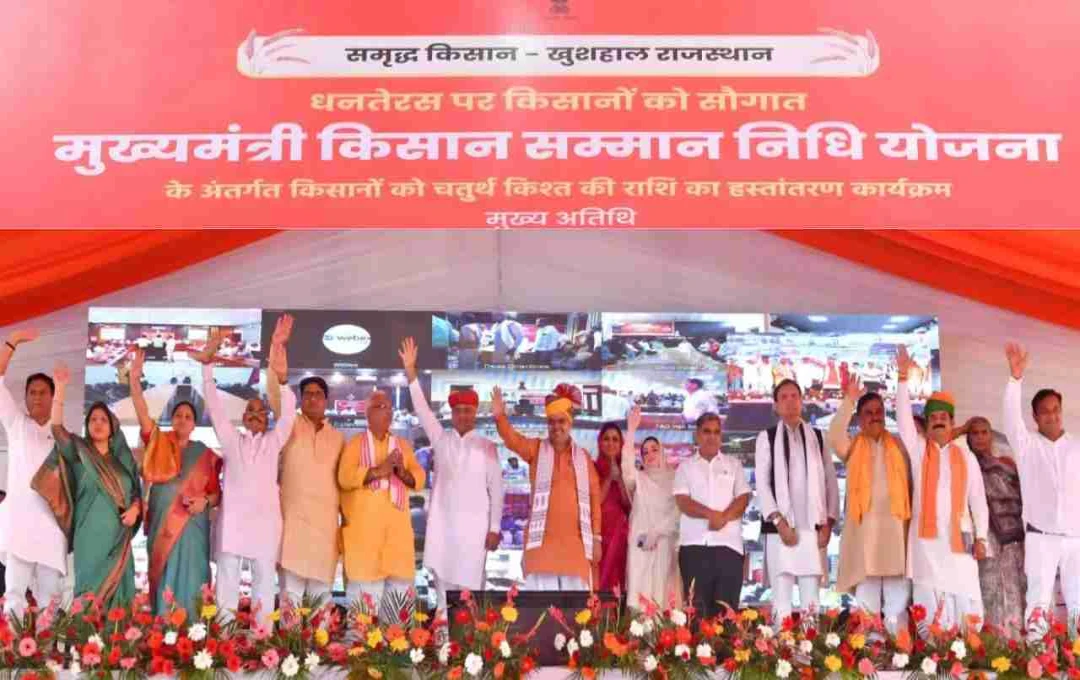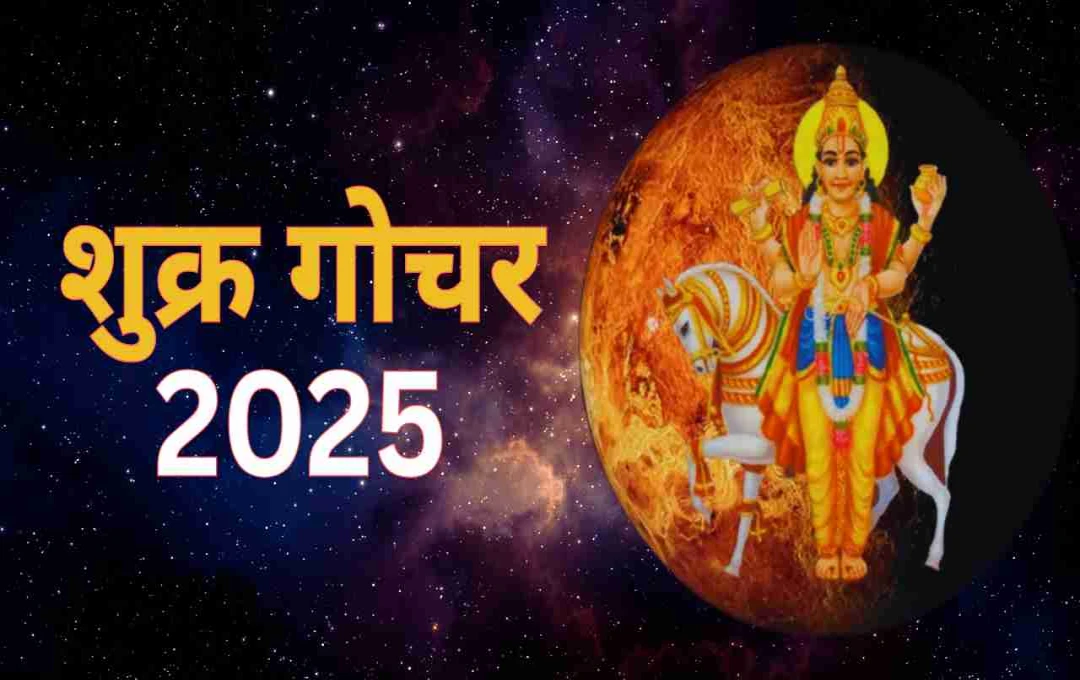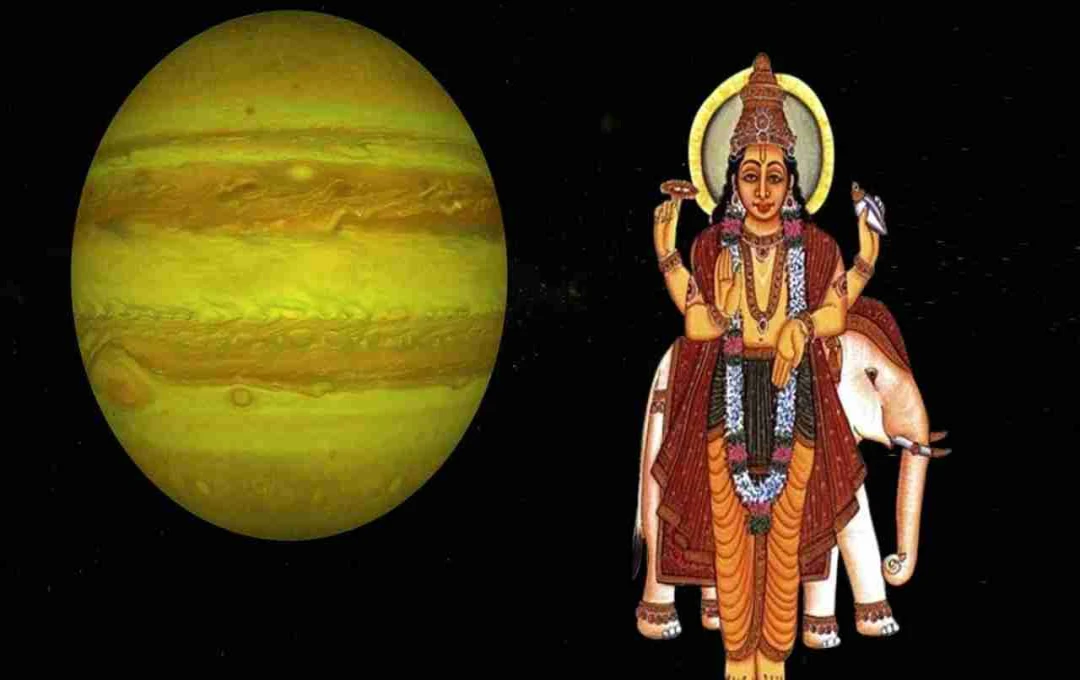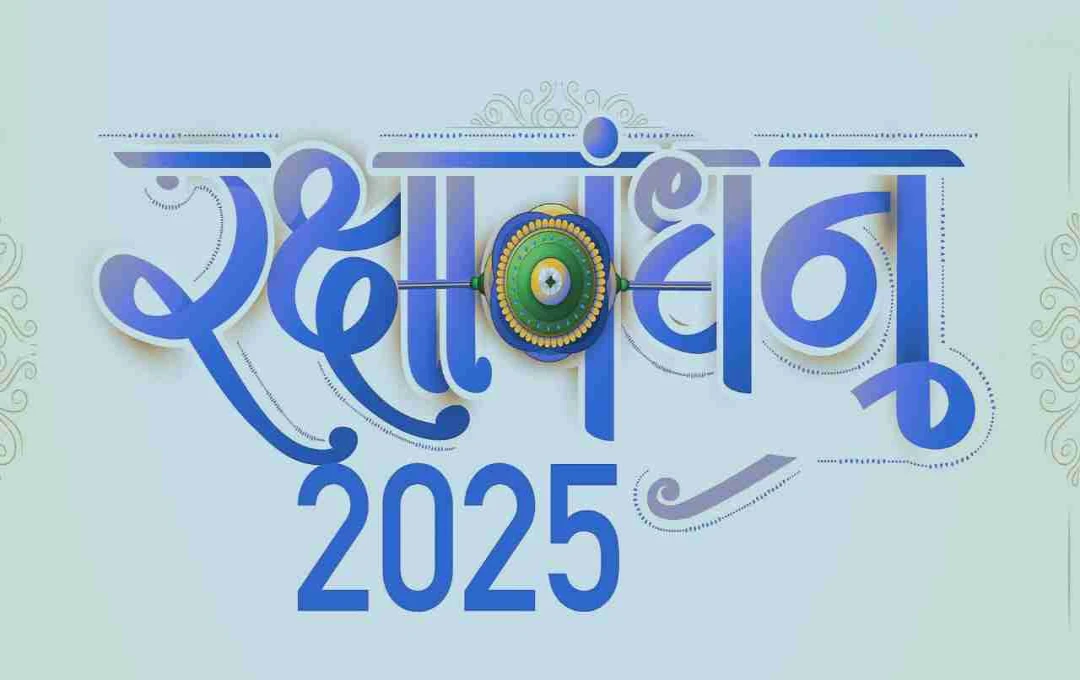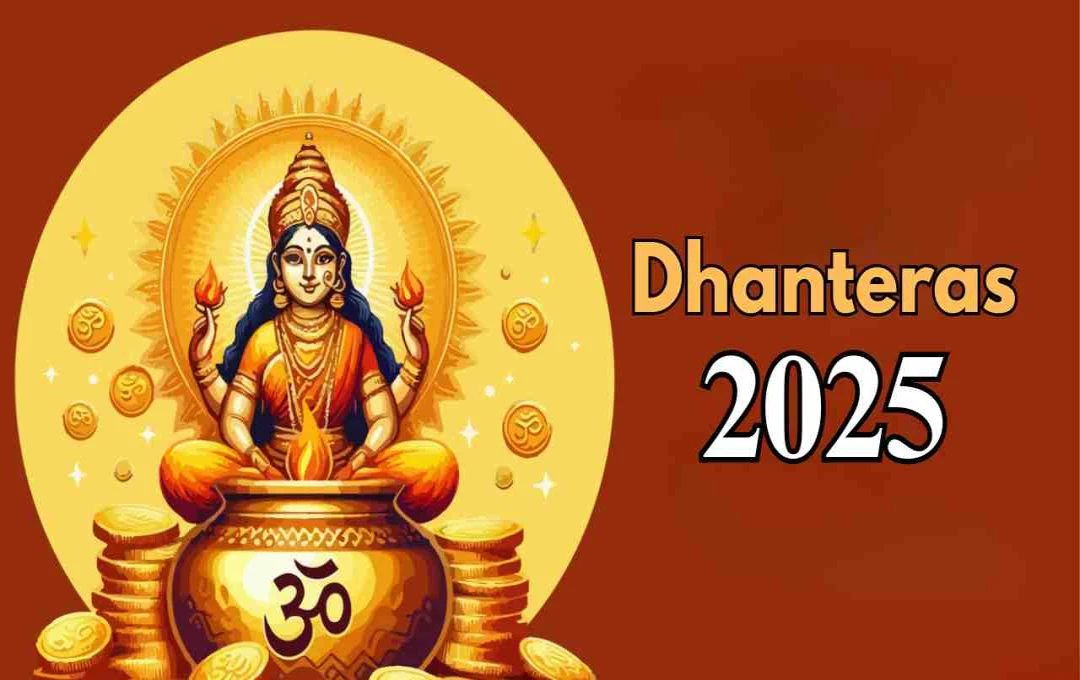Pitru Paksha 2025 begins on September 7th and will continue until September 21st. During this period, rituals like Tarpan, Shradh, and Pindadan are performed for deceased ancestors. The Pindadan for those who died untimely or due to unnatural causes is performed at Pretshila mountain in Gaya, where oblations made of sattu (roasted gram flour) are offered to grant peace to their souls.
Pitru Paksha 2025: Pitru Paksha will commence on September 7th and conclude on September 21st. During this period, devotees perform Tarpan, Pindadan, and Shradh for their departed ancestors. Specifically, Shradh for those who met an untimely death or died unnaturally is performed at Pretshila mountain near Gaya. According to the Garuda Purana, performing Pindadan with sattu here liberates their souls from the spectral realm and bestows peace. This Shradh is particularly observed on the Ashtami tithi (eighth day) of the Krishna Paksha (waning moon phase) in the month of Ashwin.
Significance of Shradh for Ancestors Who Died Untimely
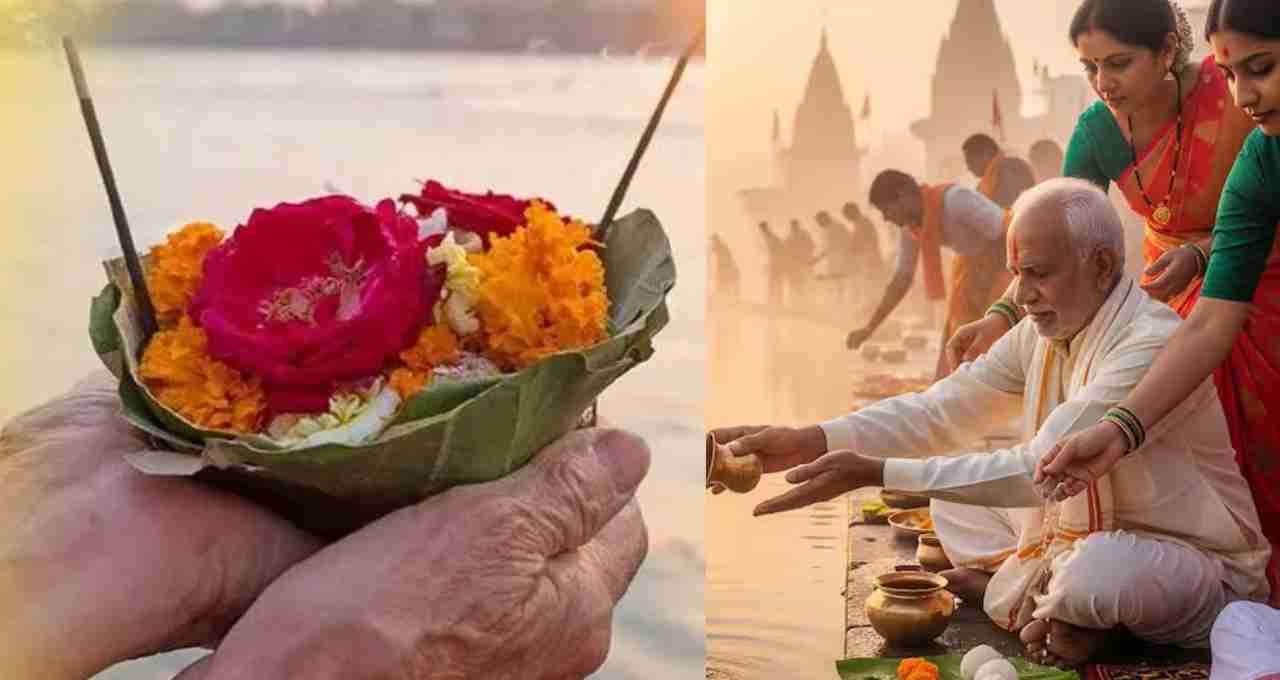
The Garuda Purana states that souls of individuals who die before their time or due to unnatural causes do not find peace. They are destined to wander in the spectral realm. For such ancestors, special Shradh and Pindadan are essential. Unlike the rituals for ordinary ancestors, their Pindadan is not performed on the banks of the Falgu River. Instead, it is carried out with a special method at Pretshila mountain.
The Shradh for ancestors who died untimely symbolizes that despite the prematurity of their demise, their souls can attain salvation and find peace. This special Shradh ritual during Pitru Paksha is considered extremely important from a religious and cultural perspective.
Where Pindadan is Performed
The Pindadan for ancestors who died untimely is performed at Pretshila mountain, located in the Gaya district. This mountain is situated near the Falgu River. Performing Shradh at the Pretshila Veda (altar) brings peace to ancestors who died untimely. Staying at this location after sunset is not permitted. Therefore, devotees perform Pindadan at this Veda only during the daytime.
Unlike the general Pindadan sites for ancestors in Gaya, the Pretshila Veda is exclusively reserved for those ancestors who met an untimely end. Due to the sanctity and religious significance of this place, it is revered with great devotion during Pitru Paksha.
How Pindadan is Performed for Ancestors Who Died Untimely
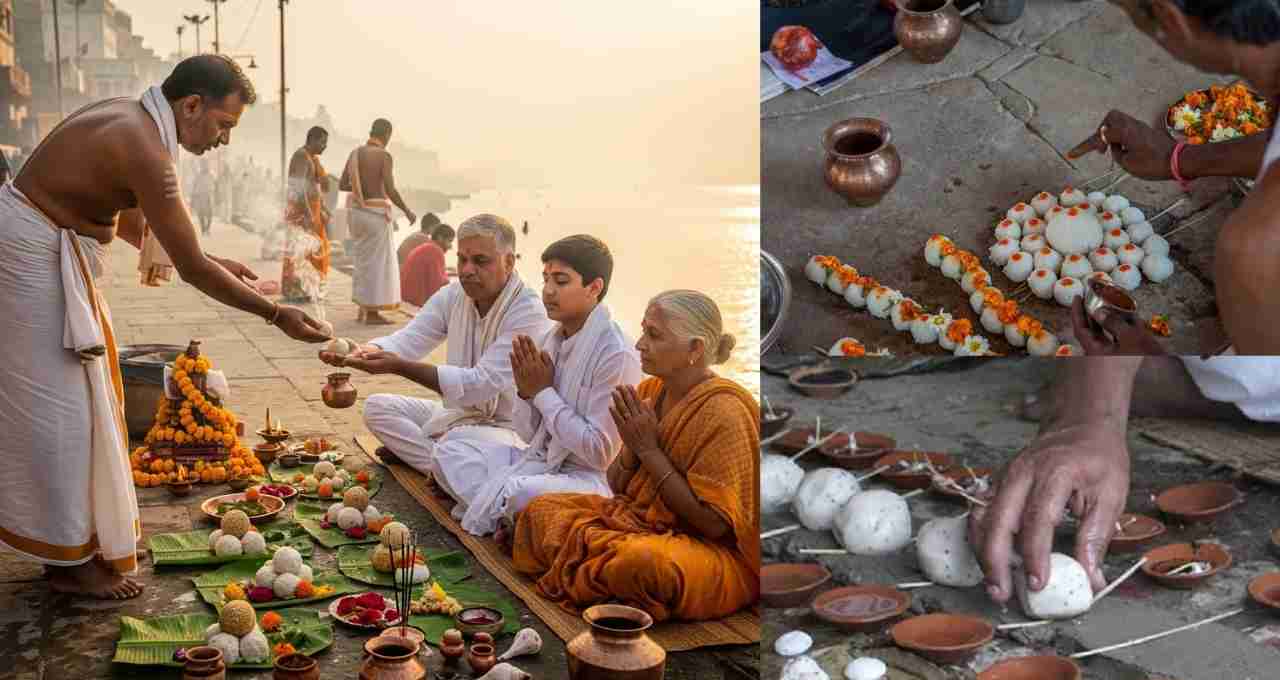
The Garuda Purana specifies that special ingredients are used in the Pindadan for ancestors who died untimely. This Pindadan is not performed with sesame seeds or Kush grass, but rather with sattu. It is advisable to seek the guidance of a priest or purohit while performing the Pindadan.
Along with Pindadan, Tarpan is also performed during the Shradh rituals. In this, blessings are offered to the ancestors using water, flowers, and other materials. This religious rite not only provides peace to the ancestors but is also considered a symbol of the lineage's well-being and the family's prosperity.
When Shradh is Performed for Ancestors Who Died Untimely
Among the fifteen days of Pitru Paksha, the Pindadan and Shradh for ancestors who died untimely is specifically performed on the Ashtami tithi of the Krishna Paksha in the month of Ashwin. On this day, devotees complete the Shradh rituals methodically in the presence of a priest or purohit. This particular day is considered highly significant from a religious standpoint.
This Shradh for ancestors who died untimely liberates their souls from the spectral realm. Furthermore, family members experience happiness, prosperity, and peace in their lives through the blessings of their ancestors.
The Message of Pitru Paksha
Pitru Paksha is not merely about rituals performed in remembrance of ancestors. It serves as a reminder of the inevitability of life and death, and the importance of dharma (righteousness) and tradition. The special Shradh for ancestors who died untimely teaches that it is essential to follow the correct time and method for the peace of the ancestral souls.



